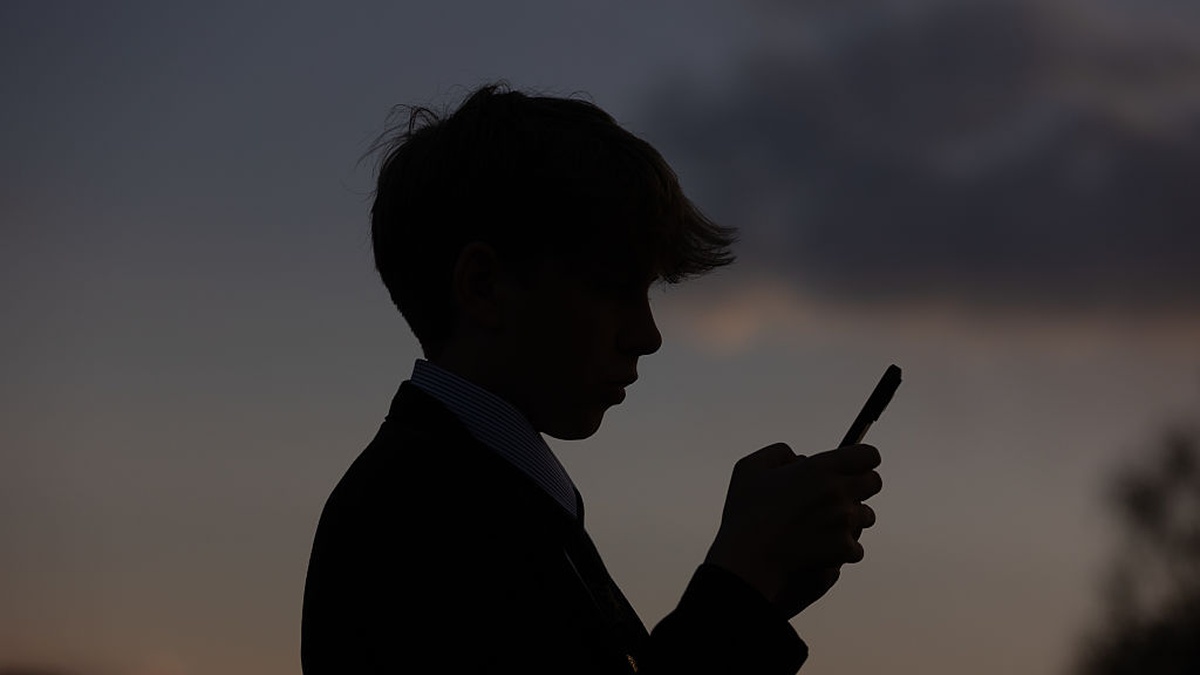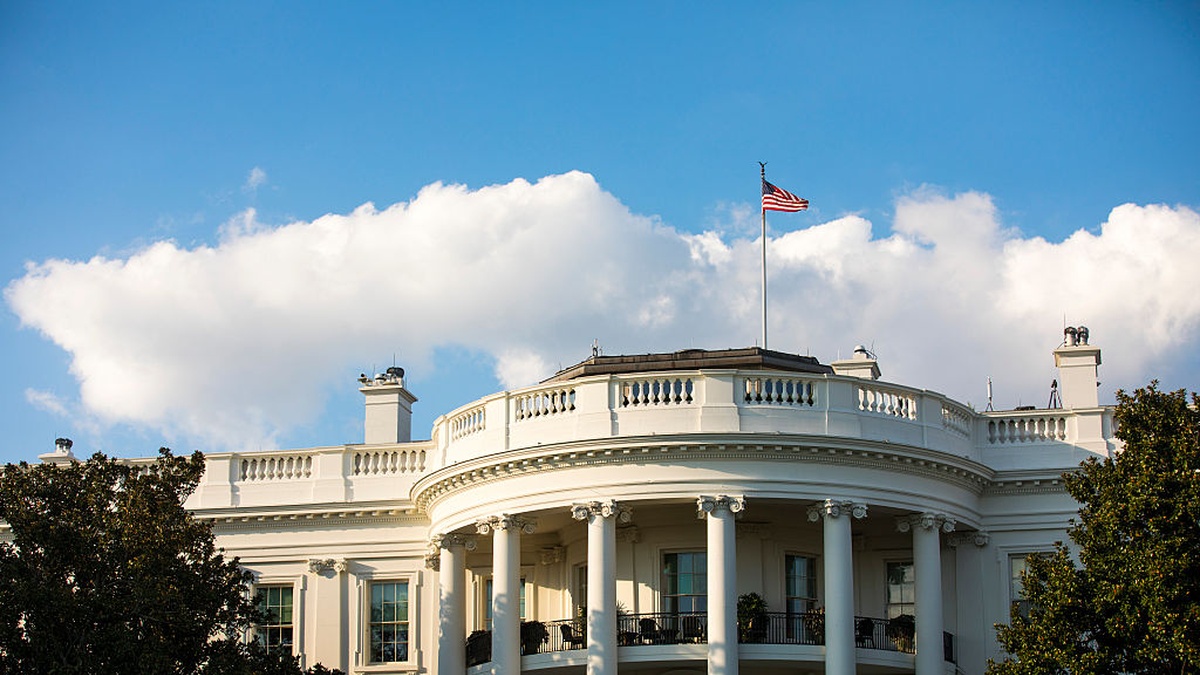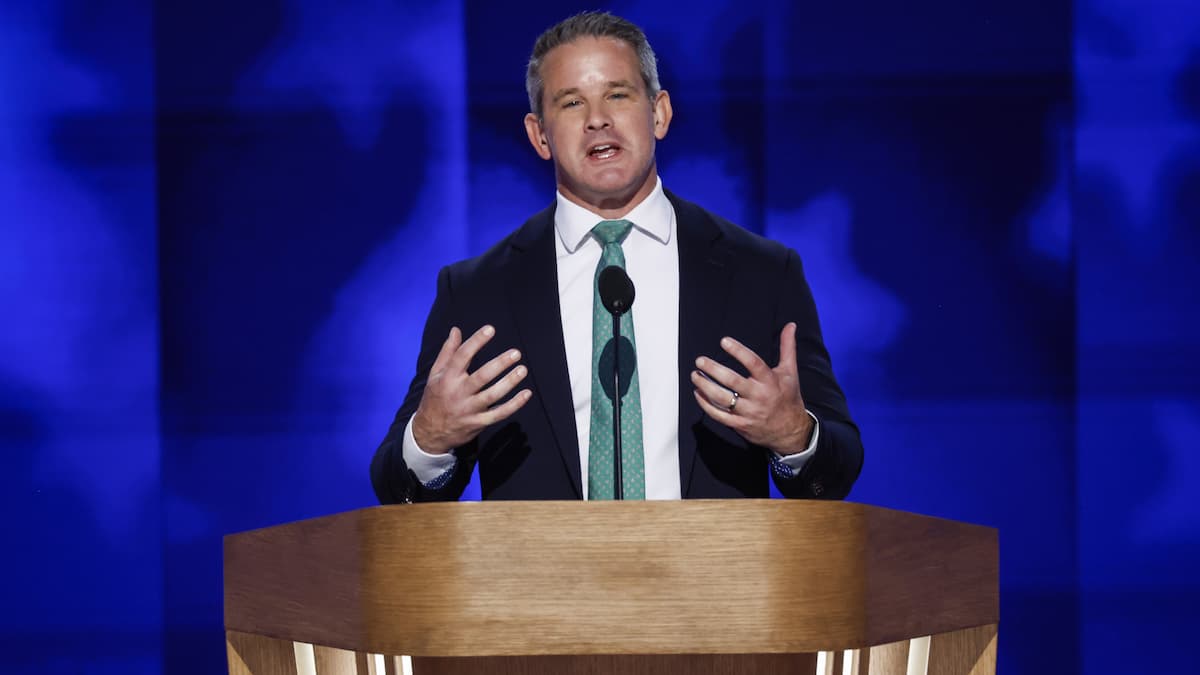
Three episodes were provided prior to broadcast.
It’s a surefire sign that Archer‘s reputation as one of television’s most chameleonic comedies remains deserved when, in its seventh season, the series recasts its globe-trotting spies as L.A.-based private eyes without missing a beat. This is a show that has played with reinvention before, most notably in the fifth season, known as Archer Vice, wherein Sterling Archer (voiced by H. Jon Benjamin) and co-workers moonlighted as drug dealers. And even last season, which restored the office surroundings, still gave the characters, formerly known as ISIS employees (series creator Adam Reed ditched the acronym in light of increasingly hard-to-ignore global politics), new CIA overlords.
Archer, for all its familiar characters and stock mission-of-the-week plots, has always been quietly evolving before our eyes. Yes, its lewd and lecherous cast of co-workers have fallen into bed with one another in just about every configuration possible, and many of the later-season antics are informed by well-defined personalities, but the series has also successfully developed a meaningful romance between Archer and Lana (Aisha Tyler), a fun archnemesis in psychotic cyborg Barry (Dave Willis), a marriage for the reliably acidic Mallory (Jessica Walter), and a buddy dynamic between Archer and Pam (Amber Nash) that got a shot in the arm last season when Archer realized – about two seasons after the rest of us – that the hard-drinking, blabber-mouthed farmer’s daughter really was his best friend.
Credit an all-aces writing staff that knows these characters inside out and understands that Archer, at its heart, has always been about the relationships between them more than their individual missions. No matter how many times these people screw with, screw over, or straight-up screw each other, they’re stuck with one another, a band of misfits too perfectly dysfunctional to belong anywhere else.
That’s Archer‘s bedrock, and it remains intact in season 7 even after last season’s extended story arc (the CIA contracting gig) backfired catastrophically, leading the gang to be blacklisted from the world of espionage. Seeking a new line of work, they set up shop in sunny California, using the perpetually whiny Cyril’s (Chris Parnell) law degree to open a detective agency – which, of course, leads to the guy going on a massive power trip, trying to reinvent himself as the big man on campus and dubbing their new joint venture The Figgis Agency. No one buys it, especially with Archer’s trademark invulnerability, Lana’s cool-under-pressure expertise, and even Ray’s (Reed) robot legs doing more to rake in the green than Cyril’s questionable business acumen.

Regardless, it’s not long before The Figgis Agency lands its first client: a glamorous Hollywood starlet looking to steal a mysterious disc labeled “Longwater” back from the people who stole it from her in the first place – or so she says.
This season is enamored of all the classic L.A. noirs, especially Chinatown, L.A. Confidential, and Sunset Boulevard, as well as action cinema as a whole (the third episode is a raucous send-up of Fletch, with Archer being hired to assassinate one of the cancer-riddled ex-classmates who used to bully him at boarding school), so the gang seems guaranteed to run up against a revolving door of femme fatales, hard-boiled cops, and nefarious gangsters.
Unlike Archer Vice, this seventh season signals more stylistic adjustments than narrative ones, with a brighter, neon-influenced color palette (plus silhouettes that dart onto the screen, Man From U.N.C.L.E.-style, to mark act breaks) and a breezy, throwback vibe to the new setting.
The show has always played fast and loose with setting, but its version of L.A. is an amalgam of ’60s/’70s good vibrations and pulpier ’80s noir. And in the first three episodes (all provided ahead of broadcast), that devil-may-care exuberance works wonders in terms of immediately drawing viewers into the character’s cases and assorted arcs.
There is an overarching plot thread involving that aforementioned Sunset Boulevard callback and two seen-it-all cops (voiced, incredibly, by J.K. Simmons and Keegan-Michael Key) that opens in-medias-res and promises to tie the season together. Without getting into spoiler territory, the debate over Archer’s stated belief in his own inability to die or incur serious bodily harm that went unresolved last season will continue this time around, with his rekindled romance with Lana and newly established role as a father figure to the young AJ adding both heft and hilarity to the character’s death-dealing lifestyle.
Archer’s development as a character has been the show’s biggest creative coup; he started the series a philandering cad with serious mommy issues and less sensitivity than a middle-schooler, and he’s slowly but surely embraced each new responsibility he’s been given, without such maturation ever coming off as forced.
Such progress befits Archer, especially as it aspires to join that coveted club of immortal animated comedies like South Park, The Simpsons, and Family Guy while retaining a sharp, bawdy wit all its own. The show remains side-splittingly funny, flawlessly animated, and voiced to a tee by a never-stronger cadre of voice actors. Indeed, those three cornerstones of Archer have never failed it – consistently, the series has ranked as one of television’s most entertaining comedies. But the continued centrality of that fourth and final cornerstone – the show’s unfailing energy, and subsequent enthusiasm for self-modification – is what makes it, above all else, the medium’s ballsiest and most intrepid offering.










Published: Apr 7, 2016 01:51 pm